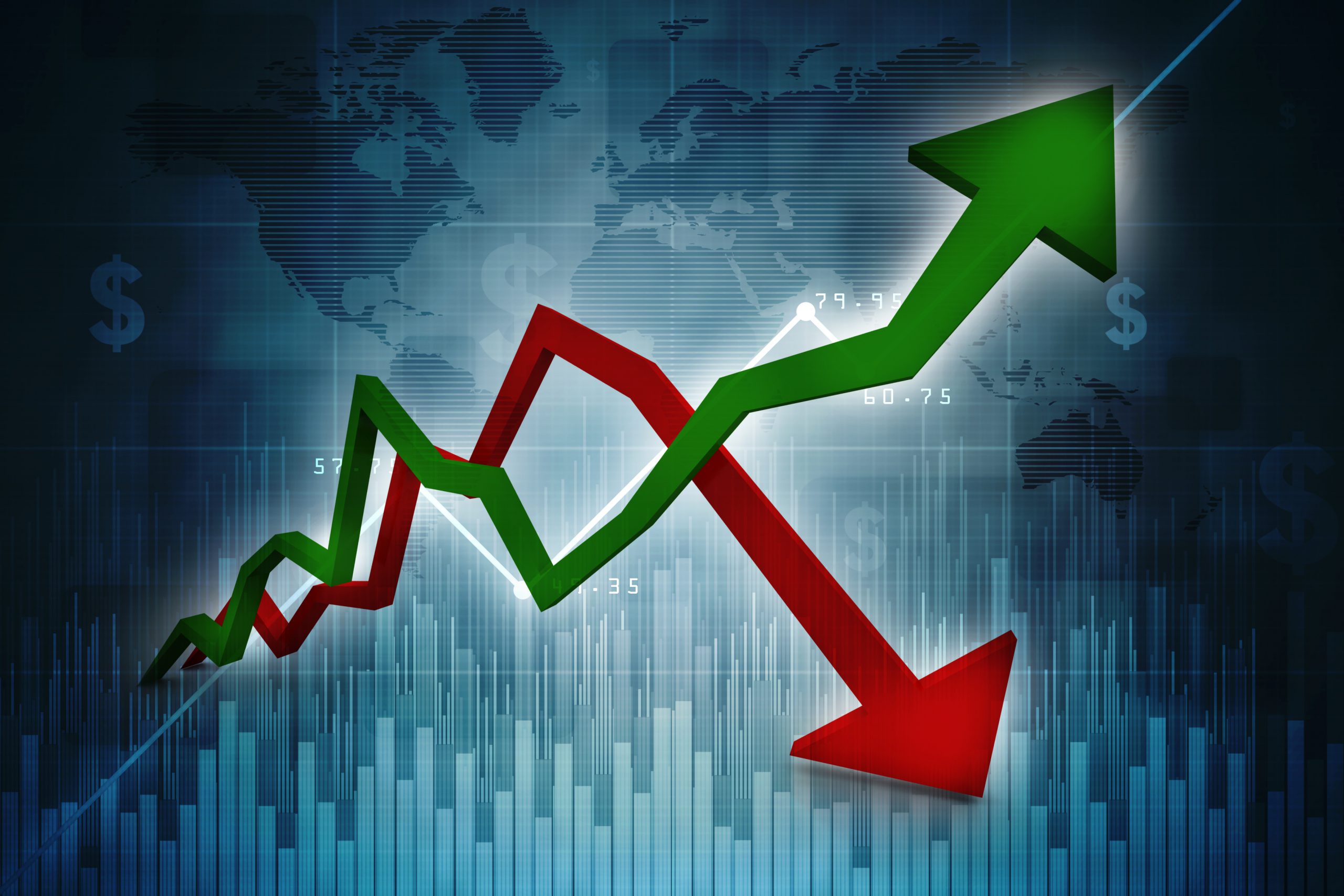
Costco Wholesale Corporation (COST) is a leading membership-based warehouse club operator that offers a wide range of essential goods, like groceries and several household items. The company’s stronger-than-expected sales across all regions marked a record year, sending its shares to an all-time high. Further, the recently implemented rise in membership fees raised price targets for its stock.
The company’s shares have soared 32.7% year-to-date. Also, shares of COST gained 24.1% over the past six months and 55% over the past year to close its last trading session at $875.67.
As of September 27, 2024, the company operated 891 warehouses, including 614 in the U.S. and Puerto Rico, 108 in Canada, 40 in Mexico, 35 in Japan, 29 in the United Kingdom, 19 in Korea, 15 in Australia, 14 in Taiwan, 7 in China, and other regions. COST also operates e-commerce sites in the U.S., Canada, the U.K., Mexico, Korea, Taiwan, Japan, and Australia.
For the retail month of August that ended September 1, 2024, COSTCO reported net sales of $19.83 billion, reflecting an increase of 7.1% from the $18.51 billion in the previous year. Its U.S. comparable sales improved by 4.7%, and E-commerce sales improved by 22.9% during the period.
This year, Costco increased its annual membership fees for the first time in seven years. The company’s annual membership fees surged by $5 to $65 for U.S. and Canada Gold Star (individual), Business, and Business add-on members. Also, annual fees for Executive Memberships in the U.S. and Canada rose from $120 to $130.
Let’s look at factors that could influence COST’s performance in the upcoming months.
Solid Financials
For the fourth quarter that ended September 1, 2024, COST’s total revenue increased 1% year-over-year to $79.70 billion. Also, its operating income increased 9.4% from the prior year’s quarter to $3.04 billion. Its income from income taxes grew 5.1% year-over-year to $3.11 billion.
Furthermore, the company’s net income came in at $2.35 billion and $5.29 per common share, reflecting growth of 9% and 8.8% from the year-ago value, respectively. The company’s cash and cash equivalents and total assets stood at $9.91 billion and $69.83 billion as of September 1, 2024.
Impressive Historical Growth
COST’s revenue grew at a CAGR of 9.1% over the past three years, while its EBITDA improved at a CAGR of 10.4%. Its EBIT increased at a CAGR of 11% over the same period, while the company’s net income and EPS grew at respective CAGRs of 13.7% and 13.7% over the same time frame.
In addition, the company’s tangible book value and total assets increased at CAGRs of 12.6% and 5.6% over the same timeframe, respectively.
Favorable Analyst Estimates
Analysts expect COST’s revenue for the first quarter (ending November 2024) to come in at $62.23 billion, indicating an increase of 7.7% year-over-year. The consensus EPS estimate of $3.77 for the same period reflects a 5.2% year-over-year improvement. Moreover, the company topped consensus EPS estimates in all four trailing quarters, which is remarkable.
For the fiscal year (ending August 2025), the company’s revenue and EPS are anticipated to grow 7.4% and 10.4% year-over-year to $273.36 billion and $17.79, respectively. In addition, Street expects its revenue and EPS for the fiscal year 2026 to grow 6.7% and 10% from the prior year to $291.69 billion and $19.56, respectively.
Mixed Profitability
COST’s trailing-12-month ROCE of 30.27% is 189.5% higher than the 10.46% industry average. Its trailing-12-month ROTC and ROTA of 17.20% and 10.55% are higher than the industry averages of 6.79% and 4.23%. However, the stock’s trailing-12-month levered FCF margin of 1.88% is 66% lower than the industry average of 5.54%.
Furthermore, the stock’s trailing-12-month gross profit margin and EBIT margin of 12.61% and 3.65% are considerably lower than the 35.94% and 9.45% industry averages, respectively.
Elevated Valuation
In terms of forward non-GAAP P/E, COST is currently trading at 49.22x, 179.4% higher than the industry average of 17.61x. Similarly, the stock’s forward Price/Sales and EV/EBITDA of 1.42x and 30.20x are considerably higher than the industry averages of 1.34x and 10.86x, respectively.
Additionally, the stock’s forward Price/Book and Price/Cash Flow of 13.38x and 34.17x are 373.8% and 168.2% higher than the industry averages of 2.82x and 12.74x, respectively.
POWR Ratings Reflect Uncertainty
COST’s mixed fundamentals are reflected in its POWR Ratings. The stock has an overall rating of C, translating to a Neutral in our proprietary system. The POWR Ratings are calculated by considering 118 different factors, with each factor weighted to an optimal degree.
Our proprietary rating system also evaluates each stock based on eight distinct categories. COST has a B grade for Momentum. The stock is trading above its 50-day and 200-day moving averages of $872.58 and $784.53, respectively.
It also has a C grade for Stability, in sync with its 24-month beta of 0.82.
COST is ranked #32 among the 37 stocks in the A-rated Grocery/Big Box Retailers industry.
Beyond what I have stated above, we have also given COST grades for Sentiment, Growth, and Quality. Get access to all the COST ratings here.
Bottom Line
COST recently reported solid financial results in the fourth quarter of 2024. Further, the company’s long-term prospects appear promising, driven by consistent demand for its product offerings, expanding operational capacity, and increasing membership fees. However, its mixed profitability, elevated valuation, and rigid industry competition hint at uncertainty.
Given the company’s current prospects, waiting for a better entry point in this stock appears prudent.
Stocks to Consider Instead of Costco Wholesale Corporation (COST)
Given its near-term uncertain prospects, the odds of COST outperforming in the weeks and months ahead are compromised. However, there are many industry peers with much more impressive POWR Ratings. So, consider these A (Strong Buy) or B (Buy) stocks from the Grocery/Big Box Retailers industry instead:
RYOHIN KEIKAKU CO., LTD. (RYKKY)
Dairy Farm International Holdings Limited (DFIHY)
Marks & Spencer Group Plc (MAKSY)
For exploring more A and B-rated grocery stocks, click here.
What To Do Next?
Discover 10 widely held stocks that our proprietary model shows have tremendous downside potential. Please make sure none of these “death trap” stocks are lurking in your portfolio:
About the Author: Rjkumari Saxena

Rajkumari started her career as a writer but gradually shifted her focus to financial journalism, leveraging her educational background in Commerce. Fascinated by the interplay of business and economic shifts in equities, she aspires to evolve as an analyst. With a knack for simplifying complex financial concepts, her mission is to empower investors with insights that lead to profitable decisions.
Should You Buy Costco Before It Hits New Record Highs? StockNews.com






